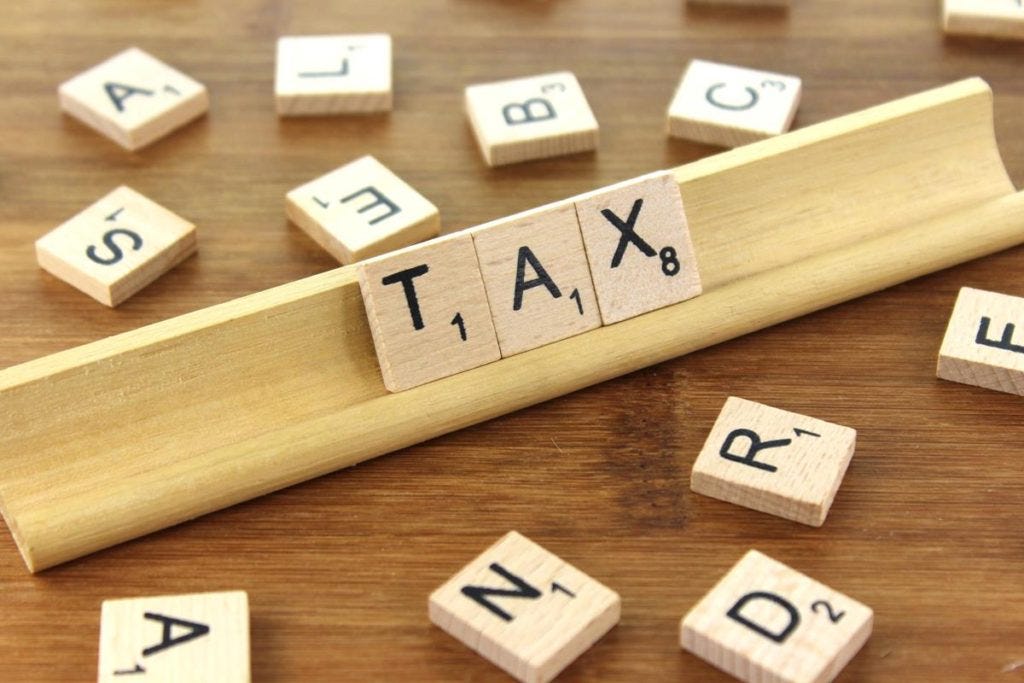Tax season is often a period of stress and anxiety for many individuals, but it doesn’t have to be that way. With the right knowledge and strategies, you can navigate the complexities of the tax system and maximize your tax return. In this guide, we’ll walk you through practical steps and tips to ensure you’re getting the most out of your tax return, putting more money back into your pocket.
Advertisement
Understanding Your Tax Return
Before diving into strategies to maximize your tax return, it’s essential to have a basic understanding of how taxes work and what factors influence the amount you owe or get refunded. Your tax return is essentially a summary of your financial activity throughout the year, including income, deductions, credits, and any taxes you’ve already paid.
Income Sources
Your income sources play a significant role in determining your tax liability. This includes wages from employment, self-employment income, investment income, rental income, and any other sources of revenue. Understanding the types of income you have and how they are taxed is crucial for maximizing your tax return.
Deductions and Credits
Deductions and credits are valuable tools for reducing your taxable income and increasing your tax refund. Deductions such as mortgage interest, property taxes, medical expenses, and charitable contributions can lower your taxable income, while credits such as the Earned Income Tax Credit (EITC), Child Tax Credit, and education credits provide a dollar-for-dollar reduction in your tax liability.
Maximizing Your Tax Deductions
One of the most effective ways to maximize your tax return is to take full advantage of available deductions. Keep detailed records of your expenses throughout the year, including receipts and invoices for deductible items such as medical expenses, business expenses, and charitable donations. Consider using tax preparation software or consulting with a tax professional to ensure you’re claiming all eligible deductions.
Utilizing Tax Credits
Tax credits are another powerful tool for maximizing your tax return. Unlike deductions, which reduce your taxable income, credits directly reduce the amount of tax you owe. Take the time to research and understand the various tax credits available to you, such as the Child and Dependent Care Credit, Lifetime Learning Credit, and Retirement Savings Contributions Credit. These credits can result in significant savings on your tax bill.
Advertisement
Contribute to Retirement Accounts
Contributing to retirement accounts such as a 401(k), IRA, or HSA not only helps you save for the future but can also reduce your taxable income and increase your tax refund. Contributions to traditional retirement accounts are typically tax-deductible, meaning you can lower your taxable income for the year by contributing to these accounts. Take advantage of employer-sponsored retirement plans and consider maximizing your contributions to reap the tax benefits.
Review Your Filing Status
Your filing status, such as single, married filing jointly, married filing separately, or head of household, can have a significant impact on your tax liability and refund amount. Choose the filing status that offers the most favorable tax treatment based on your individual circumstances. Married couples may benefit from filing jointly, while single parents may qualify for the head of household status, which often results in lower taxes and higher refunds.
Take Advantage of Tax-Free Investments
Investing in tax-advantaged accounts such as Roth IRAs and municipal bonds can help you grow your wealth while minimizing your tax liability. Roth IRA contributions are made with after-tax dollars but can be withdrawn tax-free in retirement, providing valuable tax-free income in the future. Similarly, investing in municipal bonds allows you to earn tax-free interest on your investments, further maximizing your tax return.
Stay Organized Throughout the Year
One of the keys to maximizing your tax return is to stay organized and keep accurate records of your financial transactions throughout the year. This includes maintaining receipts, invoices, and documentation for deductible expenses, as well as keeping track of income sources and investment transactions. By staying organized, you’ll be better prepared to claim all eligible deductions and credits when it comes time to file your taxes.
Advertisement
Consider Itemizing Your Deductions
While taking the standard deduction is simpler for many taxpayers, itemizing your deductions may result in a higher tax refund, especially if you have significant deductible expenses such as mortgage interest, property taxes, or medical expenses. Take the time to calculate whether itemizing your deductions would result in a higher overall deduction than taking the standard deduction and choose the method that maximizes your tax return.
Consult with a Tax Professional
Navigating the tax code can be complex, and tax laws are subject to change each year. If you’re unsure about how to maximize your tax return or have questions about specific deductions or credits, consider consulting with a qualified tax professional. A tax professional can provide personalized advice based on your individual financial situation and help you identify opportunities to reduce your tax liability and increase your refund.
Conclusion
Maximizing your tax return requires careful planning, attention to detail, and a thorough understanding of the tax code. By taking advantage of deductions, credits, retirement accounts, and other tax-saving strategies, you can minimize your tax liability and put more money back into your pocket. Whether you’re a seasoned taxpayer or filing for the first time, following these tips can help you make the most of tax season and achieve your financial goals.
